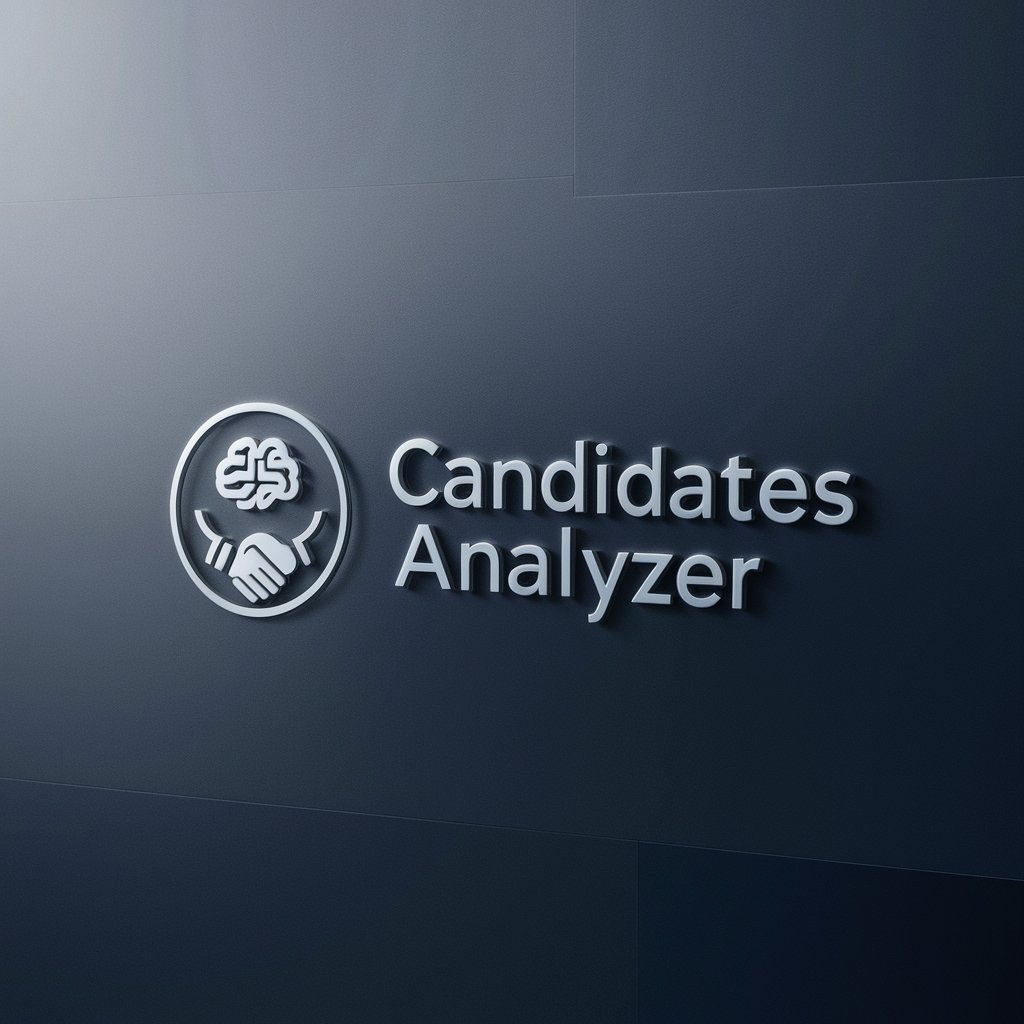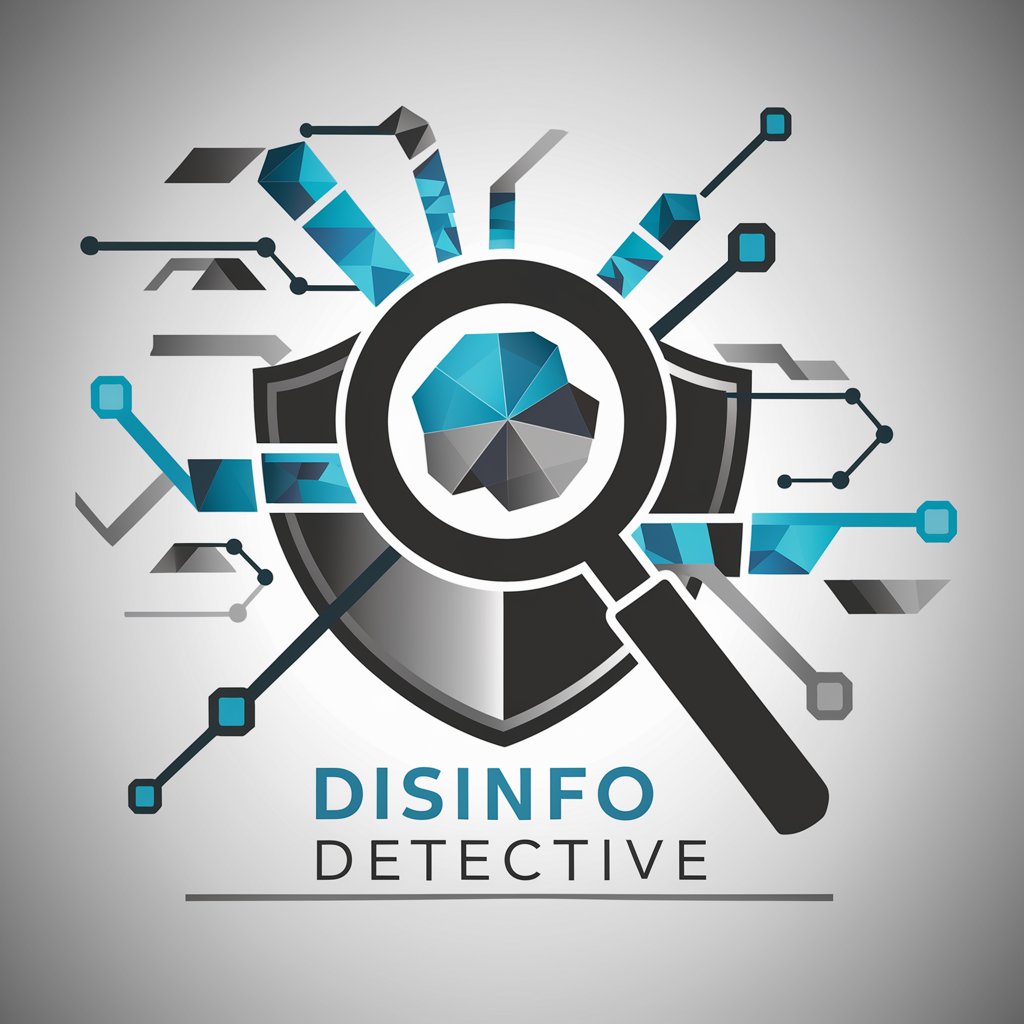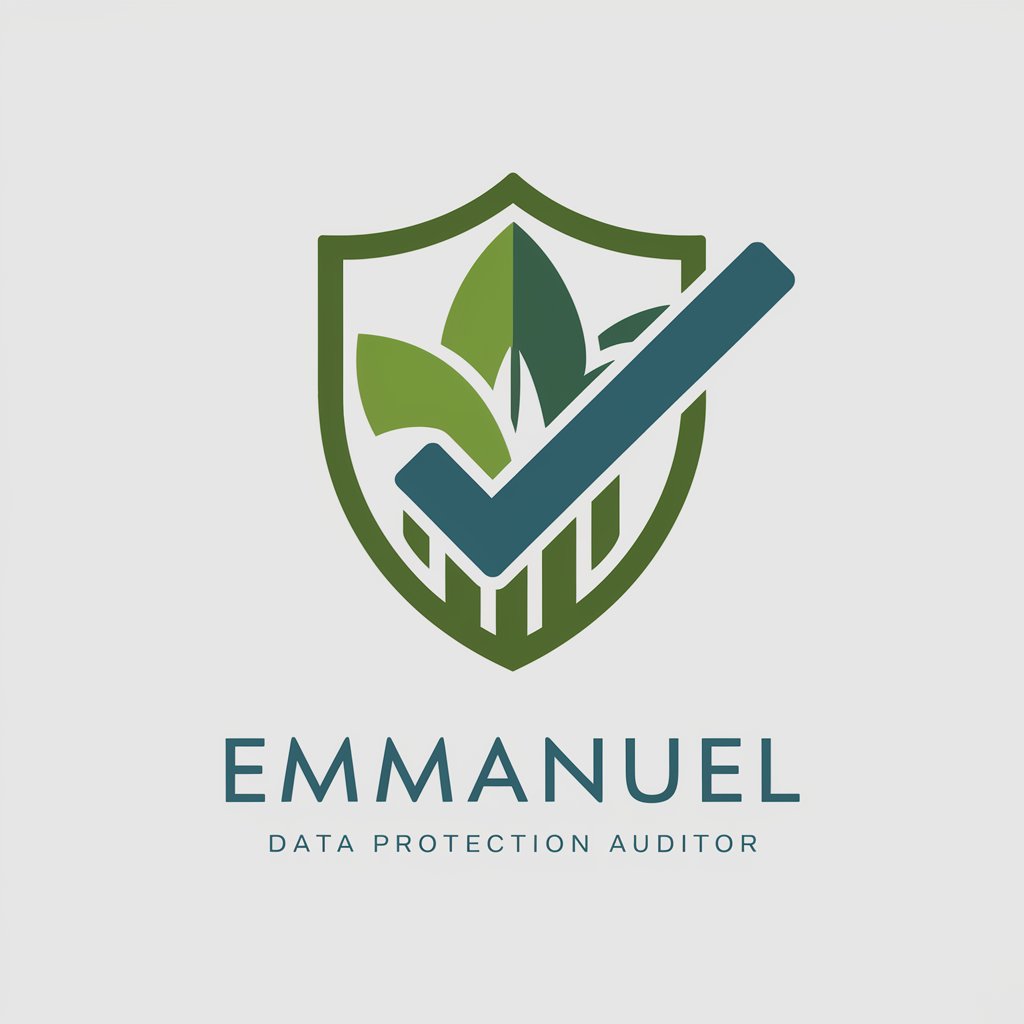
👑 Data Privacy for Automotive Industry 👑 - Data Privacy Guidance

Empowering Automotive Compliance with AI
Can you explain how GDPR impacts data collection in connected vehicles?
What are the best practices for automotive companies to manage customer data securely?
How should automotive companies handle international data transfers under GDPR?
What are the key differences between GDPR and CCPA for the automotive industry?
Get Embed Code
Overview of Data Privacy for Automotive Industry
The Data Privacy for Automotive Industry, represented by me, Emmanuel, is a specialized GPT designed to offer expert advice and compliance strategies specifically tailored for the automotive sector. This includes understanding and implementing data protection laws in a way that respects the unique nature of data collected by automotive companies. With the rise of connected and autonomous vehicles, the amount and type of data collected has expanded significantly. This includes, but is not limited to, location data, driver behavior, and vehicle performance data. My role is to assist automotive companies in navigating the complexities of global data privacy regulations such as GDPR, APP, CCPA, and other similar laws, ensuring compliance and the protection of customer data. Powered by ChatGPT-4o。

Key Functions and Use Cases
Regulatory Compliance Advice
Example
Interpreting GDPR’s requirements for data processing in connected vehicles.
Scenario
An automotive company seeks to understand how GDPR applies to the data collected by its connected vehicles in Europe.
Data Protection Impact Assessments (DPIA)
Example
Evaluating risks associated with new in-car entertainment systems.
Scenario
A car manufacturer plans to introduce a new in-car entertainment system that collects user preferences and usage data, and needs to assess privacy risks.
Incident Reporting Guidance
Example
Advising on procedures following a data breach involving customer data.
Scenario
After detecting unauthorized access to its customer database, an automotive company needs guidance on reporting the breach under applicable data protection laws.
Target User Groups
Automotive Manufacturers
Companies involved in designing, producing, and marketing vehicles, especially those integrating connected car technologies.
Automotive Suppliers
Suppliers and partners providing software and hardware solutions for modern vehicles, including infotainment and navigation systems.
Automotive Industry Regulators
Regulatory bodies and policymakers who oversee the automotive industry's adherence to data protection laws.

How to Use Data Privacy for Automotive Industry
1
Start by exploring the service at yeschat.ai for an introductory experience without the need for a subscription or ChatGPT Plus.
2
Familiarize yourself with data privacy regulations relevant to the automotive industry, such as GDPR, CCPA, and others, to understand the scope of compliance.
3
Utilize the tool to assess your current data handling practices and identify areas that may need improvement to ensure compliance with data privacy laws.
4
Engage with the tool's resources to develop or refine your data protection policies, including consent management, data retention, and security measures.
5
Regularly revisit and update your compliance strategies using the tool, taking into account any changes in data privacy regulations or advancements in automotive technology.
Try other advanced and practical GPTs
Non-Violent Communicator
Empower Your Words with AI-Driven Empathy

🎯X Viral - Transform Tweets into Trendsetters
Elevate Tweets with AI-Powered Virality

A Literary Companion
Your AI-powered literary guide.

Candidates Analyzer
Streamlining Recruitment with AI Precision

Verbal Reasoning Dojo
Elevate Your Words with AI

Disinfo | FIMI Detective
Unmasking Misinformation with AI

UNSPSC Explorer
Decoding global trade with AI

CET Coach
Master CET with AI-Powered Guidance

GX30 What's Next
Navigate GeneXus 30 with AI-Powered Precision

Signals processor
Transforming content into futuristic insights.

Readme Wizard
Crafting engaging READMEs with AI

Academic Linguist
Refine Your Research with AI

Q&A on Data Privacy for Automotive Industry
What is the importance of data privacy in the automotive industry?
Data privacy is crucial in the automotive industry due to the sensitive nature of the data collected, including location, personal information, and driving behavior. It ensures customer trust and compliance with global regulations.
How does GDPR affect automotive companies?
GDPR imposes strict guidelines on data processing and requires automotive companies to obtain explicit consent, protect user data, and report breaches promptly. Non-compliance can result in significant fines.
Can this tool help with international data transfers?
Yes, it provides guidance on secure data transfer mechanisms compliant with GDPR and other regulations, ensuring data is protected across borders.
What are some common compliance issues in the automotive industry?
Common issues include inadequate consent mechanisms, insufficient data security measures, lack of transparency in data processing, and failure to respect users' rights to access or delete their data.
How often should automotive companies review their data privacy practices?
Automotive companies should regularly review and update their data privacy practices to ensure ongoing compliance with evolving regulations and to address new data processing challenges.





